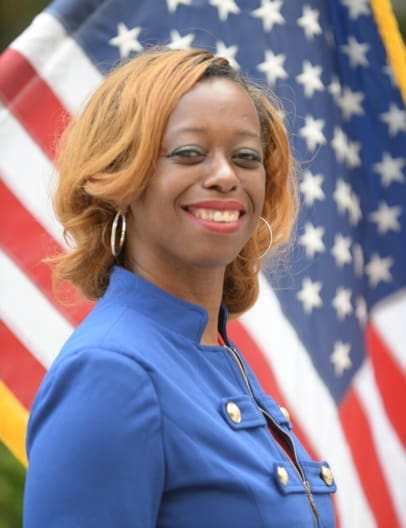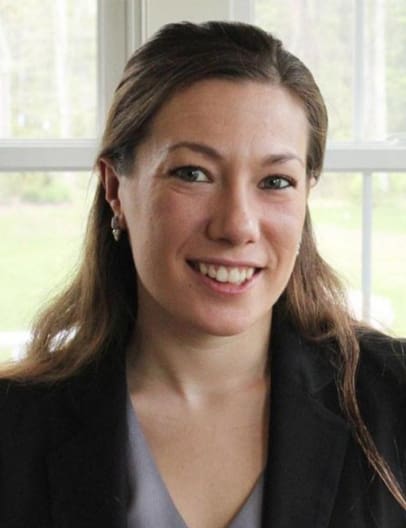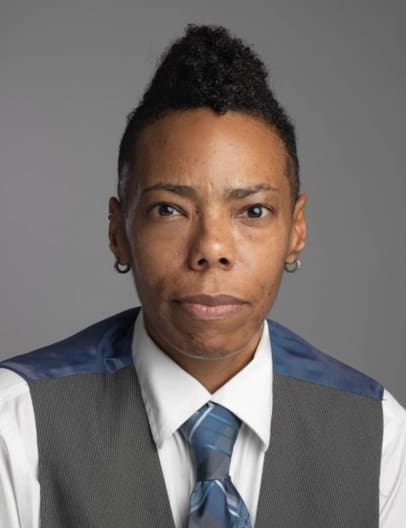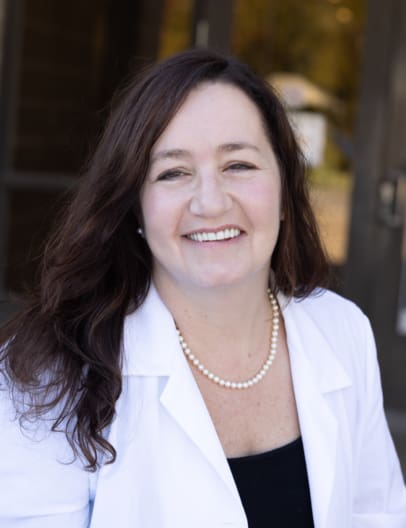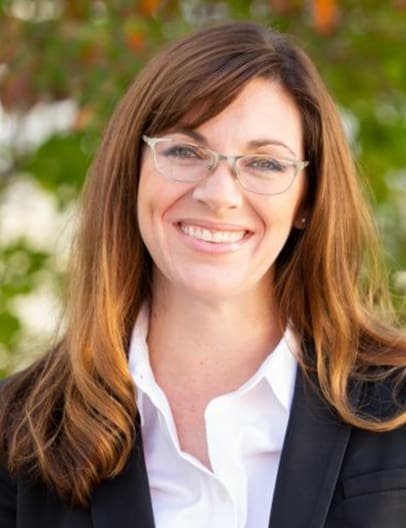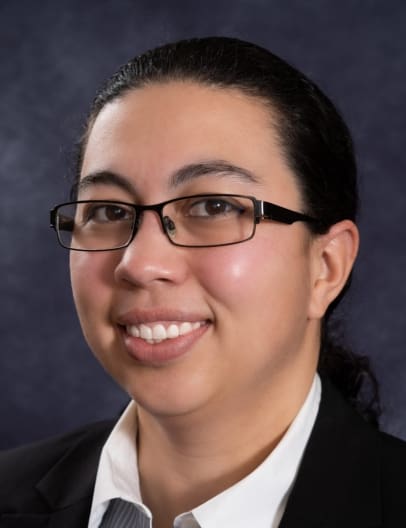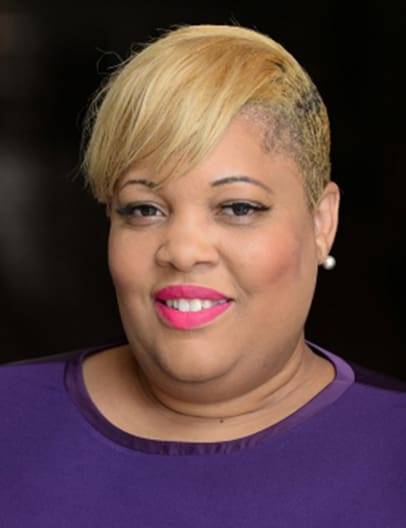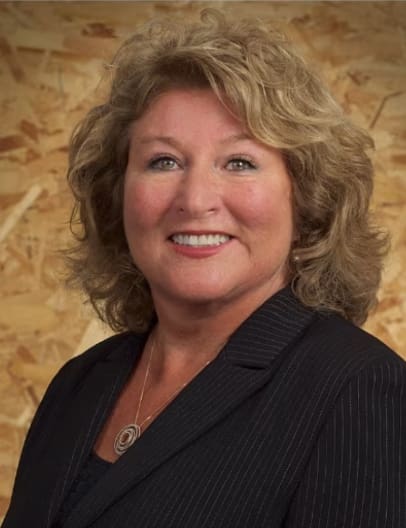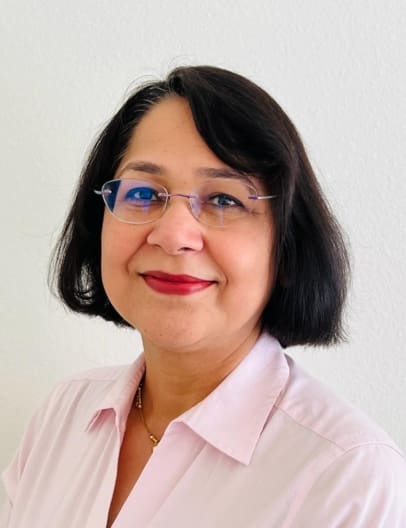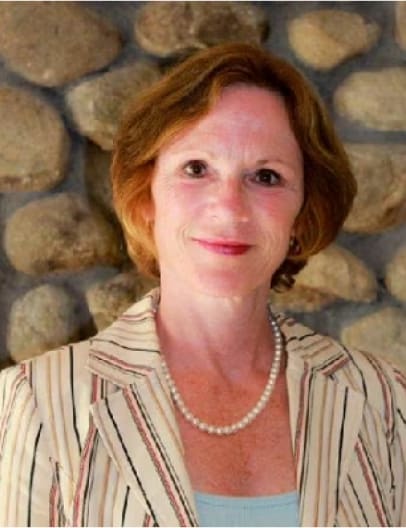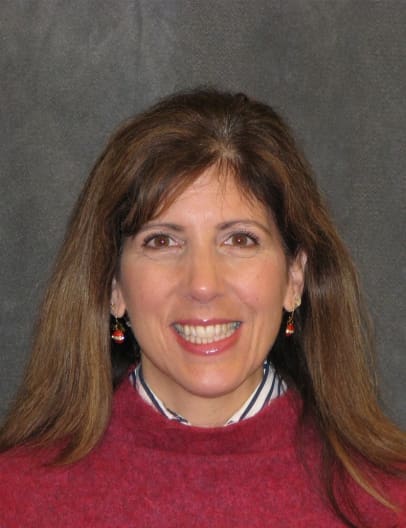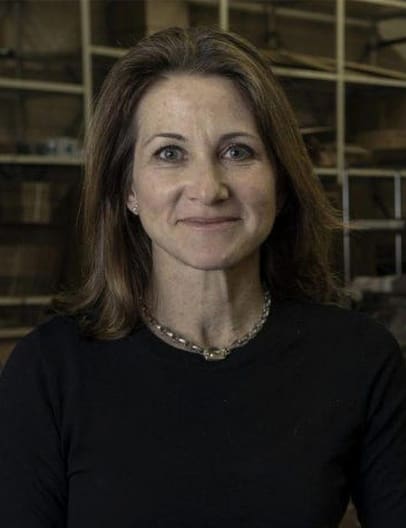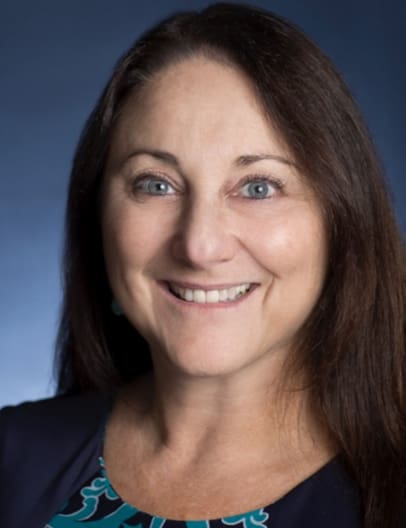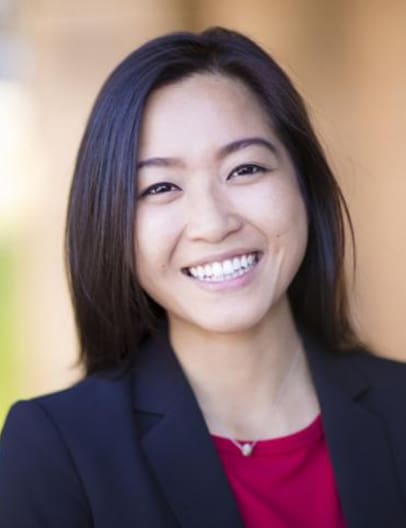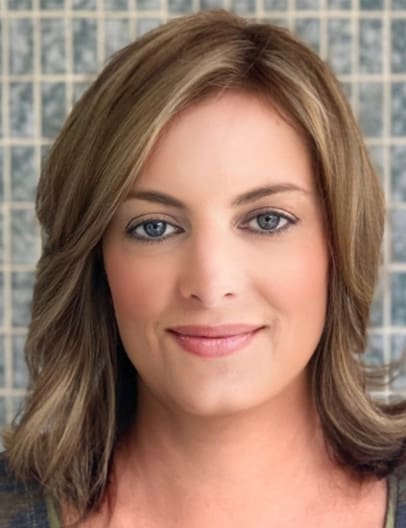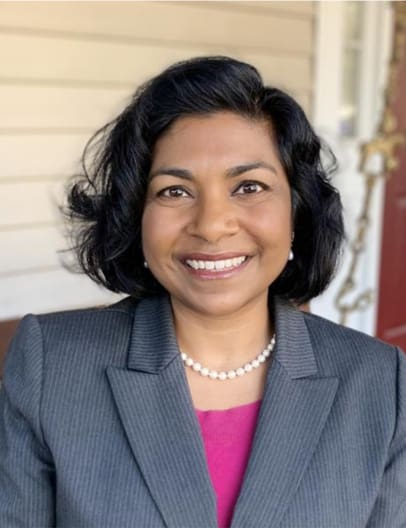State Commissioners
MCSW is comprised of 19 volunteer commissioners, dedicated staff members, and seasonal interns.
The Massachusetts Commission on the Status of Women (MCSW) is comprised of women from diverse backgrounds, representing rural, suburban, and urban counties and municipalities across Massachusetts. Their commitment to improving the status of women in society is evident within their professional endeavors, and their contributions to MCSW stand true to its underlying mission. Their biographies highlighting some of their notable work within and outside of MCSW are linked below.
All Commissioners are appointed by one of the four appointing authorities: Five Commissioners are appointed by the Governor, four by the Senate President, four by Speaker of the House, and six by the Massachusetts Caucus of Women Legislators. The Commissioners are sworn in by the Secretary of State or another authorized designee and serve 3 year terms.
Interested in becoming appointed as an MCSW State Commissioner? Contact one of the appointing authorities to find out their respective policies and timelines for appointments. Prospective Commissioners may also contact Executive Director Shaitia Spruell for additional information regarding the nomination process and expected responsibilities. Learn more about the expectations of commissioners here.
As a Commission, we are empowered to:
- Study, review and report on the status of women in the Commonwealth
- Advise executive and legislative bodies on the effect of proposed legislation on women
- Inform leaders of business, education, health care, state and local governments and the communications media of issues pertaining to women
- Provide referrals and serve as a resource of information on issues pertaining to women
- Identify and recommend qualified women for positions at all levels of government
- Promote and facilitate collaboration among local women’s commissions and among women’s organizations in the state
- Serve as a liaison between government and private interest groups concerned with issues affecting women
- Assess programs and practices in all state agencies as they affect women
